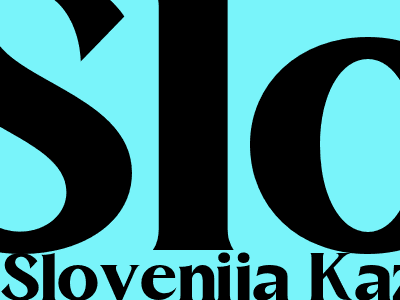Slovenija and Kazakhstan: Uncovering the Ties that Bind
A Journey Through Shared History and Cultural Heritage
Slovenia and Kazakhstan, two nations separated by vast geographical distances, share a rich and multifaceted relationship rooted in historical connections, cultural affinities, and economic partnerships.
Historical Intertwinement
The historical bonds between Slovenia and Kazakhstan date back to the Silk Road era, when Central Asian merchants traversed the ancient trade routes connecting Europe to the East.
During the Soviet period, Slovenia and Kazakhstan were part of the Socialist Federal Republic of Yugoslavia and the Soviet Union, respectively, fostering a shared experience within the communist bloc.
Cultural Convergence
Beyond their historical ties, Slovenia and Kazakhstan exhibit striking cultural similarities.
Both nations possess a deep appreciation for music, art, and literature, with renowned musicians like Laibach and Dimash Kudaibergenov gaining international acclaim.
Traditional folk dances and costumes remain integral parts of their cultural identities, showcasing a vibrant fusion of ethnic and modern influences.
Economic Interdependence
In recent decades, Slovenia and Kazakhstan have forged strong economic ties, recognizing the mutual benefits of cooperation.
Slovenian companies have invested heavily in Kazakhstan's energy, infrastructure, and telecommunications sectors, contributing to the country's economic development.
Kazakhstan, in turn, has exported its vast energy resources to Slovenia, meeting a significant portion of the country's energy needs.
Future Collaboration
Looking ahead, Slovenia and Kazakhstan have identified key areas for future collaboration, leveraging their shared strengths.
- Energy cooperation: Exploring renewable energy sources and fostering energy efficiency.
- Innovation and technology: Promoting joint research and development, particularly in the fields of biotechnology and artificial intelligence.
- Tourism and cultural exchange: Encouraging reciprocal tourism and cultural events to enhance understanding and appreciation of each other's heritage.
Conclusion
The relationship between Slovenia and Kazakhstan is a testament to the enduring power of shared history, cultural affinity, and economic interdependence.
As these nations continue to forge closer ties, they create opportunities for mutual growth, understanding, and the advancement of their people.

Comments